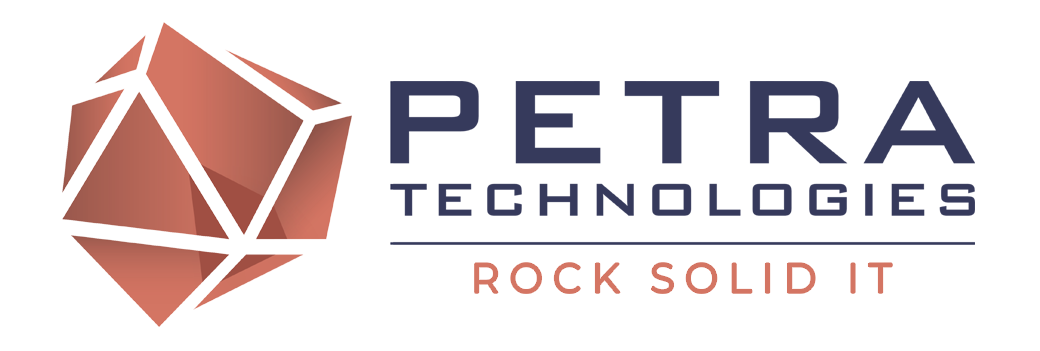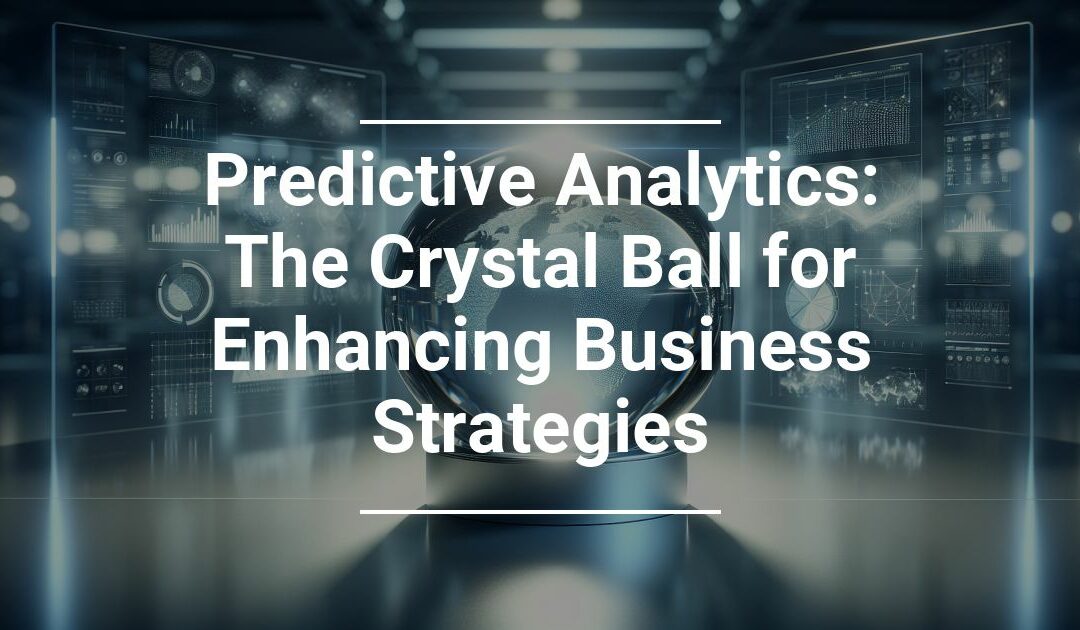 Many business owners believe the key to success is setting down company roots in a high-foot-traffic area or building brand awareness online. While these are helpful tactics, owners can’t stay afloat for long without the proper predictions utilizing the attention they receive from potential buyers. However, with predictive analytics, grasping customer preferences and the company’s future has never been easier.
Many business owners believe the key to success is setting down company roots in a high-foot-traffic area or building brand awareness online. While these are helpful tactics, owners can’t stay afloat for long without the proper predictions utilizing the attention they receive from potential buyers. However, with predictive analytics, grasping customer preferences and the company’s future has never been easier.
What Should Business Owners Know About Predictive Analytics?
Just like it sounds, predictive analysis involves using prior business trends, data, and statistics to make educated guesses about future events. While business owners can hire data scientists to calculate analytics manually, artificial intelligence brings machine learning into the mix. The latter creates potential scenarios and considers the likelihood of certain events or market trends occurring in upcoming months.
The Benefits of Using Data Analytics to Predict Future Events
Below, we’ll delve further into the benefits of making regular predictive business analyses.
Understanding Customer Behavior for Better Retention and Sales
When customers visit your web pages, their actions provide insight into their preferences. For instance, they may click on certain items to view them or add them to their carts. With artificial intelligence observing these trends, you better understand browsing and purchasing patterns.
As a business owner, you can target these customers with personalized offers or promotions to further encourage a sale while showing these customers you appreciate their business. These actions reduce cold leads and abandoned carts while increasing customer retention.
On a larger scale, you’re also learning which products do better than others so you can fill your inventory with popular items guaranteed to bring in revenue. Similarly, you can better advertise slow-moving items or bundle them with popular ones.
Lowering Risks and Fraudulent Activities
Alongside forecasting market trends for better decision-making, predictive analytics is well-versed in fraud detection, observing unusual patterns that indicate fraudulent activities. It’ll alert the business owner to zero-day vulnerabilities and other cyber crimes in real-time, but its safety features don’t end there.
With each data analysis, artificial intelligence determines what’s currently going on in your business field’s market so you can choose what actions you should refrain from taking to lower business risks. For instance, if you’re in banking or other financial services, determine which clients may be a credit risk that causes financial loss to your system and the right time to cross or upsell to favorable clients.
What Are the Types of Predictive Models You Should Consider?
While there are countless types of predictive models, below are the top three most common ones:
- Decision trees show you all the potential outcomes from one choice or option in the form of branches so you can determine which series of steps to take.
- Neutral networks use machine learning to collect data and observe patterns to learn and break down complex data while making predictions constantly.
- Regression analysis uses statistical techniques to show how an independent variable (like products or location) can affect a dependent variable (like revenue).
Predictive analytics helps business owners see the future more clearly than ever before. Learn more and consider investing in it today!


